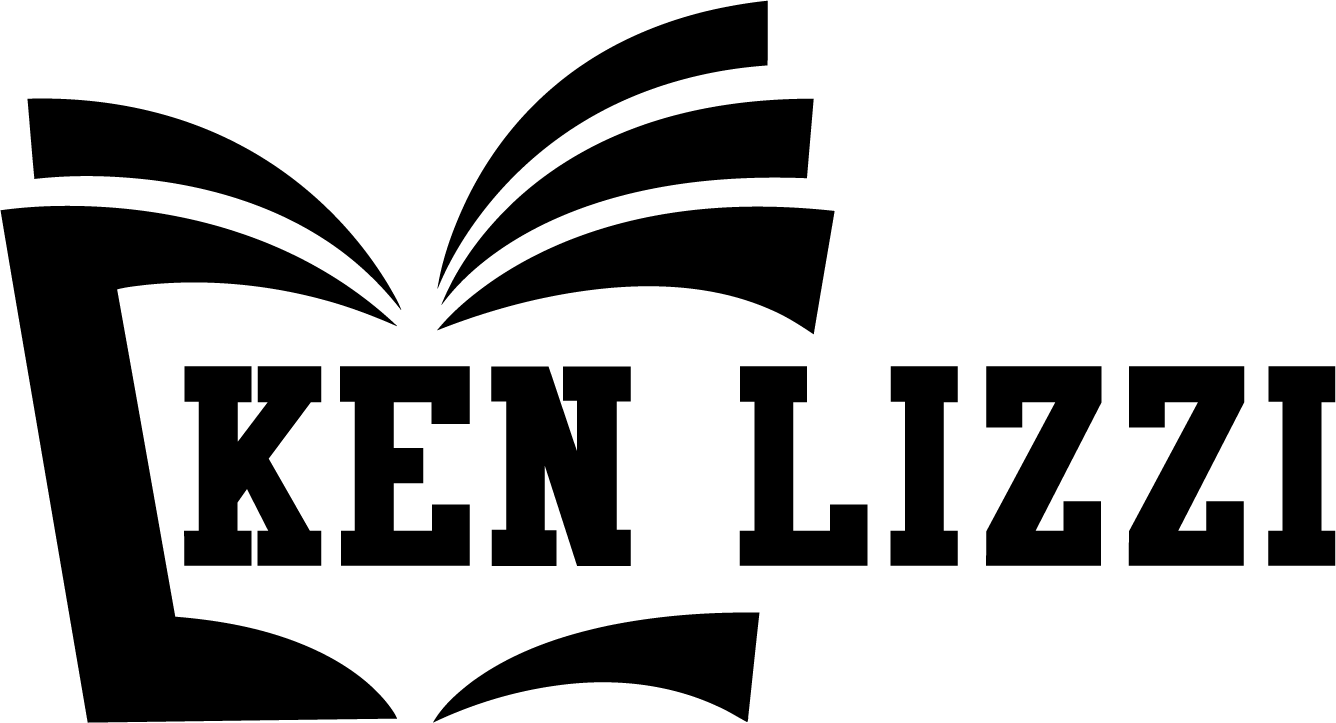
The Thieves World series made a splash in the eighties with its stories of anti-heroes, burglars, wizards, crime lords, warriors, bards, various underworld denizens, and the occasional common, law abiding (more or less) citizen of Sanctuary. Will Shetterly and Emma Bull, et al, decided to see if they could recreate that Thieves World magic with Liavek, a mercantile port city with a hyper detailed history, culture, and — most notably — a magic system. I read the first couple collections when they first came out. How does volume one hold up on a re-read? Let’s find out.
Badu’s Luck. Emma Bull. Women eating, drinking, talking, and shopping. I’m sure there is an audience for tis type of fantasy — and Bull is a competent writer — but I had trouble staying awake until the plot finally kicked in. Knowing that Gene Wolfe was on deck and would reward my patience, I pushed through. Once it finally got going the story was engaging enough, providing the reader a solid grasp on the essentials of the shared world in which the rest of the stories would take place. If not my cup of tea, Badu’s Luck at least wasn’t overly objectionable.
The Green Rabbit from S’Rian. Gene Wolfe. A taut adventure, featuring a sea battle and a twist or two, as well as a vivid portrait of imaginative magic. Gene Wolfe shows himself at the top of his game even in short fiction.
Ancient Curses. Patricia C. Wrede. Irascible magical grannies can often be sufficiently entertaining to mask a story’s shortcomings. This granny comes close. A story that depends upon magic needs to spell out the rules clearly, otherwise the conclusion can smack of deus ex machina cheating. This one? Borderline.
Birth Luck. Nancy Kress. A domestic drama, the plot of which is entirely premised on the inner workings of magic. I tried to like it, but could invest nothing in the characters or their fates. This story represents the obverse to the coin of the rule that magic in a story requires rules. This one is only about the rules and is thus, frankly, boring. Wile a reader should know the rules, the rules are not inherently that interesting. Train tracks are important, not interesting. The train is interesting. I think this story highlights one of the problems with Liavek: the creators were so enamored with their unique magical rule system that they assumed everyone else would be as well, that the explication of its features and nuances would in and of themselves entice readers.
An Act of Contrition. Steven Brust. Trust indulges his Alexander Dumas obsession. And I, for one, couldn’t be happier. The dastardly doings of his ersatz Count Rouchefort provide a needed nostrum to counteract the tedium of the previous tale. People actually do things. Action occurs. Duplicity, bloodshed, skullduggery. Good, diabolical fun.
The Inn of the Demon Camel. Jane Yolen. Moderately amusing, a comic story related by an unnamed storyteller. I almost smiled twice.
The Hands of the Artist. Kara Dalkey. This one was okay.
The Green Cat. Pamela Dean. Unpleasant and frequently tedious.
A Coincidence of Birth. Megan Lindholm. Liavek expands upon Thieves’ World‘s occasional use of slice-of-life, quotidian characters as protagonists, rather than the thieves, soldiers, and bravos featuring in others. The problem is — same as it is with Thieves’ World — that the characters we remember, those we care about, are the thieves, dangerous wizards, demi-gods, and bad-asses. Not the artists, tavern wenches, stone masons, and green grocers. The point being, Coincidence is a decent story and does its job of creating verisimilitude and filling its pages with world building, but…it was kind of boring.
Bound Things. Will Shetterly. Despite the magical-procedural nature of the story there is a nice confidence game/scheme unveiling aspect in the tradition of Mission Impossible or The Sting. The characterization is fun. It is possible to play with magic system rules and still tell an entertaining story.
The Fortune Maker. Barry B. Longyear. Another example of the importance of character selection. The troll-haunted, simply, bond servant trash picker failed to resonate strongly with me. Maybe it worked better for others. It was…nice. Though very long. Too long.
I am afraid I am unlikely to jump right into reading volume two. I really only enjoyed three of the stories. Reading the others felt more like a chore than a pleasure. Yes, the authors did a good job of collaborating in the creation of a detailed world that feels lived in and vibrant. But if it fails to entertain it fails in its ultimate purpose. And I feel that the creators lost sight of that purpose, being too engrossed in the world building aspect.
What do you think? Did Liavek work for you?
You know what might work for you? Under Strange Suns. People seem to like that one. It even won a silver medal. (Though I never actually received any hardware. Hmph.) Give it a read, let me know if I managed to entertain.
